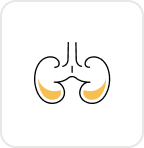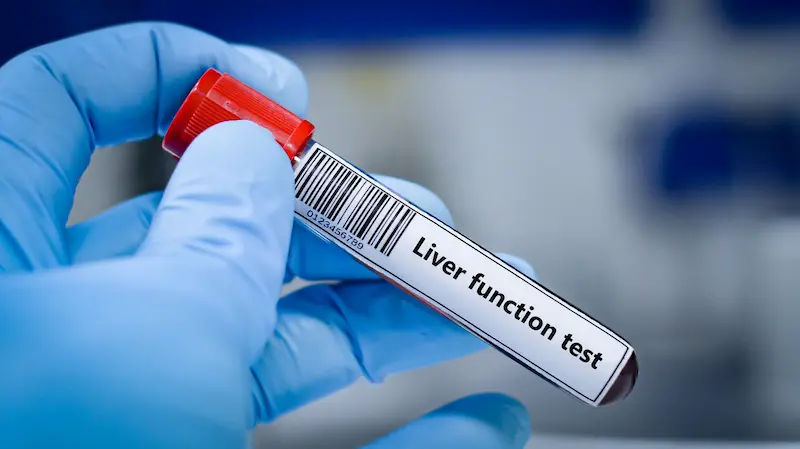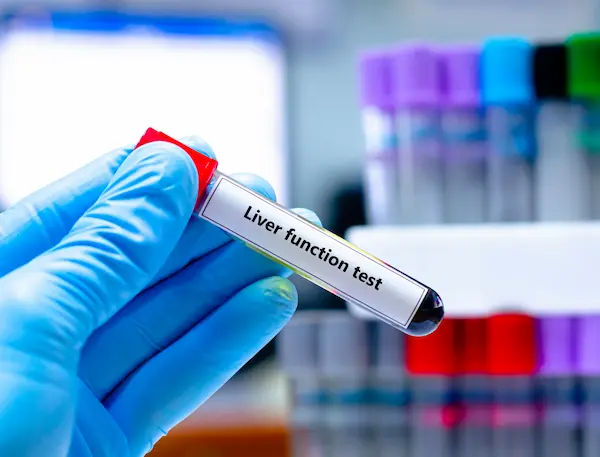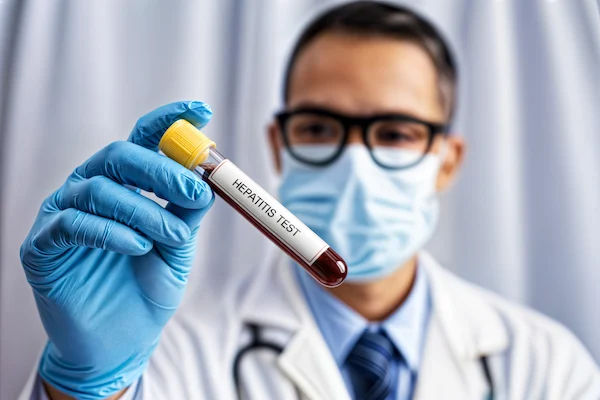Importance of Blood Tests for Hypertension
Learn why blood tests are essential for managing hypertension. Discover key tests, what they reveal, and how they help prevent serious health complications.

Written by Dr. M L Ezhilarasan
Reviewed by Dr. D Bhanu Prakash MBBS, AFIH, Advanced certificate in critical care medicine, Fellowship in critical care medicine
Last updated on 8th Aug, 2025

Hypertension, commonly known as high blood pressure, is a silent but serious health condition that affects millions of people worldwide. Often, it shows no obvious symptoms, making regular blood tests crucial for early detection and management. If left uncontrolled, hypertension can lead to severe complications like heart disease, stroke, and kidney damage.
In this article, we’ll discuss why blood tests are essential for managing hypertension, what they reveal, and how you can take control of your health.
Why Are Blood Tests Important for Hypertension?
Blood tests play a vital role in diagnosing and managing high blood pressure. While measuring blood pressure with a cuff gives a snapshot of your condition, blood tests provide deeper insights into:
1. Underlying Causes – Some cases of hypertension are linked to kidney disease, hormonal imbalances, or diabetes. Blood tests help identify these root causes.
2. Organ Damage – High blood pressure can silently harm your kidneys, liver, and heart. Blood tests detect early signs of damage.
3. Cholesterol & Blood Sugar Levels – Hypertension often coexists with high cholesterol and diabetes, increasing heart disease risk. Blood tests help monitor these factors.
4. Medication Effectiveness – If you’re on blood pressure medication, tests ensure the treatment is working without harmful side effects.
Key Blood Tests for Hypertension
Here are some essential blood tests your doctor may recommend:
1. Complete Blood Count (CBC)
- Checks for anemia, infections, or other blood-related issues that may affect blood pressure.
2. Kidney Function Tests (Creatinine, BUN, eGFR)
- High blood pressure can damage kidneys over time. These tests assess kidney health.
3. Lipid Profile (Cholesterol & Triglycerides)
- Measures LDL ("bad" cholesterol), HDL ("good" cholesterol), and triglycerides—key factors in heart disease risk.
4. Blood Glucose & HbA1c
- Detects diabetes or prediabetes, which often accompany hypertension.
5. Electrolytes (Sodium, Potassium, Calcium)
- Imbalances in these minerals can contribute to high blood pressure.
6. Thyroid Function Tests
- An overactive or underactive thyroid can cause hypertension.
7. Liver Function Tests (LFTs)
- Ensures your liver is healthy, as some blood pressure medications can affect liver enzymes.
Get Your Health Assessed Here
When Should You Get Tested?
If you have been diagnosed with hypertension or are at risk (due to family history, obesity, or a sedentary lifestyle), regular blood tests are essential. Your doctor may recommend:
- Baseline testing – When first diagnosed.
- Follow-up tests – Every 6-12 months to monitor progress.
- More frequent tests – If you have other conditions like diabetes or kidney disease.
Lifestyle Changes to Manage Hypertension
Along with blood tests, adopting a healthy lifestyle can significantly lower blood pressure:
1. Eat a Heart-Healthy Diet
- Reduce salt (sodium) intake.
- Eat more fruits, vegetables, whole grains, and lean proteins.
- Limit processed foods, fried items, and sugary drinks.
2. Exercise Regularly
- Aim for at least 30 minutes of moderate exercise (walking, cycling, swimming) most days.
3. Maintain a Healthy Weight
- Losing even 5-10% of body weight can improve blood pressure.
4. Limit Alcohol & Quit Smoking
- Excessive alcohol raises blood pressure, while smoking damages blood vessels.
5. Manage Stress
- Practice relaxation techniques like deep breathing, yoga, or meditation.
6. Monitor Blood Pressure at Home
- Regular checks help track progress and alert you to any spikes.
When to See a Doctor?
If your blood pressure readings are consistently high (140/90 mmHg or above), or if you experience symptoms like:
- Severe headaches
- Dizziness
- Blurred vision
- Chest pain
- Shortness of breath
…consult a doctor immediately. Early intervention can prevent complications.
Book a Blood Test with Apollo 24|7
Regular blood tests are a simple yet powerful way to stay on top of your hypertension. With Apollo 24|7, you can easily book a home blood test or consult a specialist from the comfort of your home.
Why Choose Apollo 24|7?
- Accurate & reliable lab tests
- Expert doctors for consultation
- Convenient home sample collection
- Fast digital reports
Conclusion
Hypertension is a manageable condition, but early detection is key. Blood tests provide valuable insights that help tailor treatment and lifestyle changes to your needs. By staying proactive with regular check-ups and healthy habits, you can keep your blood pressure under control and live a healthier, longer life.
Get Your Health Assessed Here
Get Your Health Assessed Here
₹829(₹2072)60% off
₹659(₹1647)60% off
₹379(₹948)60% off
₹1029(₹2573)60% off






.webp)

.webp)